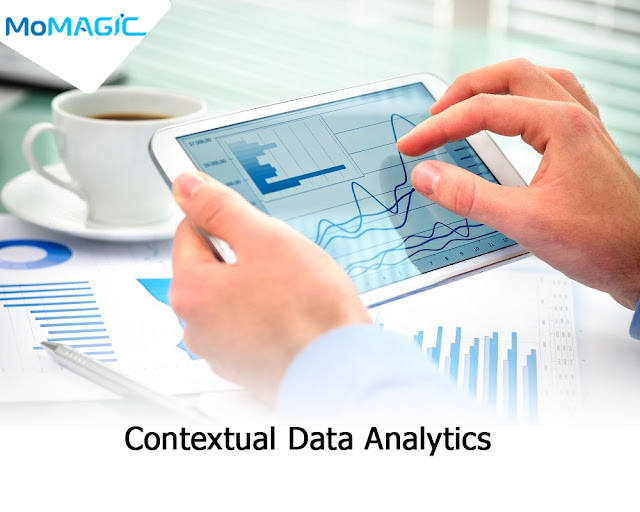Data is an asset for any business house or company but interpreting it is furthermore vital to understand market behaviour and trends. Contextual Data analysis throws light on the pattern of consumer behaviour, demographic evaluation, demands and more. An insight into the data and right interpretation can lead a company to the best position ever. This data can be derived from customer interactions, social media, weather, news, broader market changes, internet of things (IoT) devices, geography, etal.
Benefits of Contextual Data Analytics -
Contextual data and its interpretation can improve the customer experience strategy by analysing information and implementing the needed strategy. This data gives a wider outlook to improve, change or subtract any existing marketing technique vital to boost sales. Therefore, this will help in the decision-making ability of a company and improve customer interaction-level experiences.
There are mainly three sources of Contextual data collection -
1.
Third-party businesses/organisations
Third-party organisations or business houses take up the responsibility to dig in data necessary for the business to grow. Marketing strategy depends largely on the data that shows the consumer behaviour and dynamic changes in the market. These third-party agencies use different tools to extract business information vital to that business. News, weather report, events, market changes, traffic et al can be source for contextual data analysis.
2.
Customers or Consumers
Consumers are the biggest source for any kind of market-related data. They directly can share their demands, wishes or most important choices. Their behaviour can be recorded online through social media activity, feedback form, survey reports, location, preferences, and the option goes on.
3.
Tools
Different tools are useful in extracting contextual data vital to the development of the business like GPS tracker, asset and inventory management sensors, context-aware promotional tools and more.
The business development or growth depends largely on the statistics derived necessary to analyse the trend and changes in the market. This can help the business house to take the necessary action needed to adapt to the market situation. Go for contextual data to understand market trends deeply, as this will immensely help in strategising decisions as per the situation and improve sales manifold.

